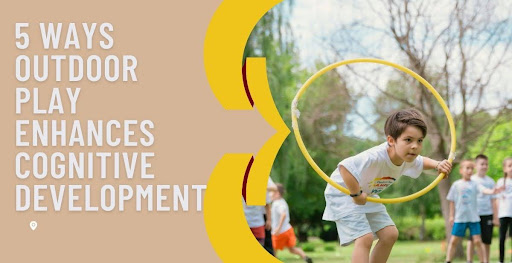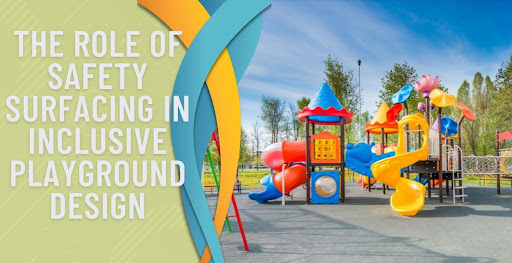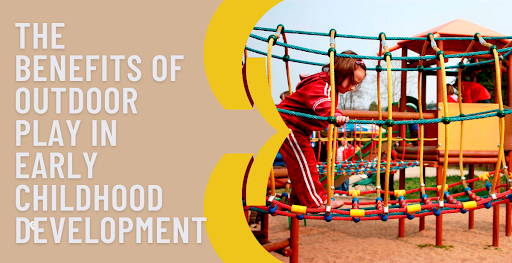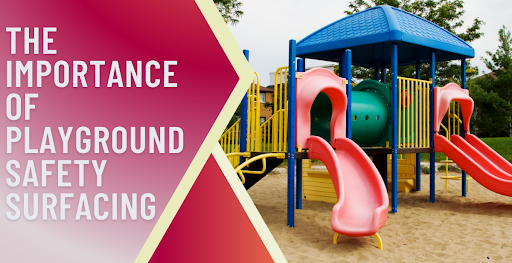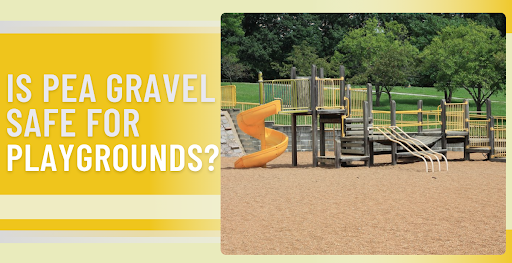How to Build Social Skills on the Playground
Learn how to build social skills on the playground through games, teamwork, and communication in a space that supports real social growth.

.jpeg)
Playgrounds do more than give kids a space to run and climb. They naturally encourage conversation, cooperation, and problem-solving.
Children learn how to share, take turns, and handle disagreements on their own. These early lessons lay the foundation for strong social skills that carry into everyday life.
What Are Social Skills on the Playground?
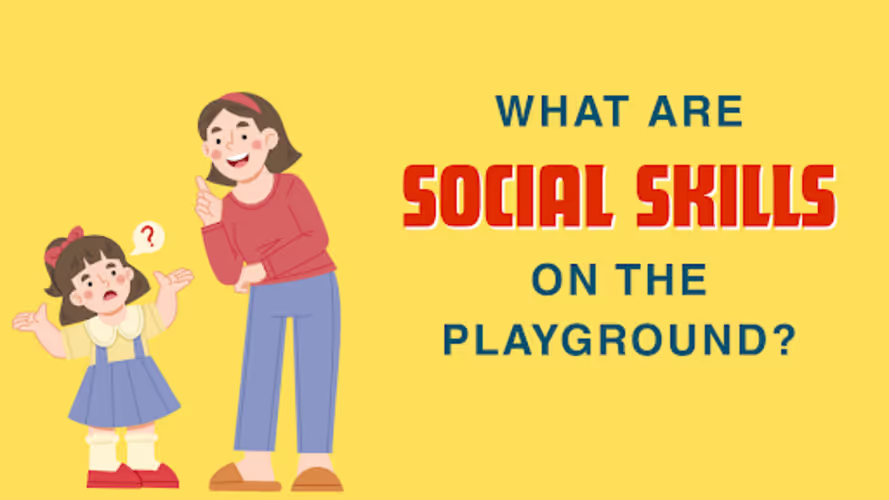
Social skills on the playground include sharing, taking turns, asking to join a game, and handling conflict without yelling or crying. It's how kids connect, communicate, and cooperate. These moments of play teach real-world lessons in a way kids can grasp.
How to Build Social Skills on the Playground
Here are some of the key ways playgrounds help children develop these essential skills.
Create Opportunities for Cooperative Play
.avif)
Cooperative games are a powerful way to teach children how to work with others, solve problems together, and build trust. Activities such as tag, relay races, or treasure hunts naturally create situations where kids must talk, listen, plan, and adjust as a group.
While adults can help set up these activities, it's essential to step back and allow kids to take control, make decisions, and learn through the experience. Rotating playgroups give children the chance to interact with different peers, helping them develop flexibility, empathy, and inclusion skills through every shared challenge.
Encourage Role-Playing and Imaginative Play
Imaginative play helps kids explore different roles and understand other perspectives, which builds empathy and emotional awareness. When children pretend to be pirates, doctors, or superheroes, they practice leading, following, and sharing control of the storyline.
These moments teach them how to take turns, express ideas, and respond to others in creative ways. Giving kids space for pretend play fosters confidence, cooperation, and the ability to connect socially in a playful, low-pressure setting.
Teach Conflict Resolution Techniques
.avif)
Disagreements happen often during play, but each one is a chance to build better social habits. Instead of solving the problem for them, guide kids to express themselves clearly and listen to the other side.
Prompts like "Can you tell them what upset you?" or "What could you both do now?" help them stay calm and think through solutions. Over time, this builds emotional control, respect for others' feelings, and stronger communication skills.
Practice Turn-Taking and Patience
.avif)
Playground equipment like swings and slides naturally creates moments where kids must wait their turn. These situations are perfect for teaching fairness, self-control, and patience.
Tools like timers or short counting games help make the wait more manageable and predictable. With repeated practice, children learn to handle frustration, respect boundaries, and participate more smoothly in group activities.
Facilitate Peer Introductions
.avif)
Not every child knows how to join a game or approach a group, so gentle guidance can go a long way. Teaching simple phrases like "Can I play too?" or "What are you playing?" gives them tools to start conversations.
Practicing these lines at home helps build confidence and lowers anxiety in social situations. Encouraging children to include others also promotes kindness, empathy, and the start of new friendships.
How Do Playgrounds Help Children Develop Social Skills?
Playgrounds aren't just places to burn energy, and they're natural environments where social development happens in real time. The freedom, variety, and shared nature of playgrounds create endless chances for children to learn how to interact with others.
Below are six key ways playgrounds support social skill-building through everyday play:
1. Kids Play Freely
Unstructured play allows children to explore ideas, test boundaries, and interact without adult-imposed rules. This kind of open-ended play encourages kids to make decisions, solve problems, and navigate social interactions on their own.
They learn how to approach others, start a game, or walk away when they need space. These are essential social skills that develop through self-directed play.
2. Kids Engage in Age-Appropriate Play
Playgrounds naturally attract children in similar age groups, which supports more balanced interactions. Kids are more likely to relate to others at the same developmental stage, leading to smoother communication and more equal play.
Younger kids might share simple toys or chase each other, while older kids work together on complex games or physical challenges. These interactions allow children to practice peer-based social behaviors suited to their age and maturity.
3. Kids Practice Communication in Pretend Scenarios
Pretend play is a social skill goldmine. Whether they're playing house, superheroes, or shopkeepers, kids constantly talk, listen, explain, and negotiate.
These make-believe roles require cooperation and storytelling, which improve vocabulary, turn-taking, and emotional understanding. When kids imagine and act out different roles, they learn how to see things from someone else's point of view.
4. Kids Learn to Respect Personal Space
On a crowded playground, kids must navigate physical boundaries. They learn not to push in line, stand too close, or take over a swing without asking.
These everyday situations teach kids about body language, consent, and respecting others' space. It's a subtle but powerful lesson in social awareness and self-regulation.
5. Kids Collaborate and Take Turns
Playground games often depend on rules and turn-taking. Whether it's waiting for a swing, playing foursquare, or taking turns going down the slide, kids quickly learn that no one enjoys a game where someone always goes first or never shares.
These small acts teach fairness, patience, and the importance of group cooperation. All of these are key elements of healthy social behavior.
6. Kids Practice Conflict Resolution
Disagreements over whose turn it is or what the rules should be are part of playground life. But that's not a bad thing. These moments allow children to practice problem-solving, negotiation, and compromise.
They learn how to express frustration without aggression and how to find middle ground with peers. These skills will be useful long after they leave the playground.
Promote Social Development With Park N Play Design
Social skills grow through play, laughter, and everyday challenges on the playground. Every turn taken or disagreement resolved helps kids understand others.
These small moments shape how children connect, cooperate, and build lasting social habits. A well-designed playground can teach lessons no classroom ever could.
Want to build a space where kids truly connect? Trust Park N Play Design for the best playground design that supports real social interaction through innovative layouts and inclusive features.


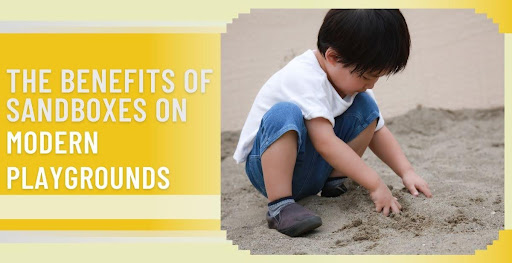
.jpeg)
.jpg)
.jpg)
.jpeg)
